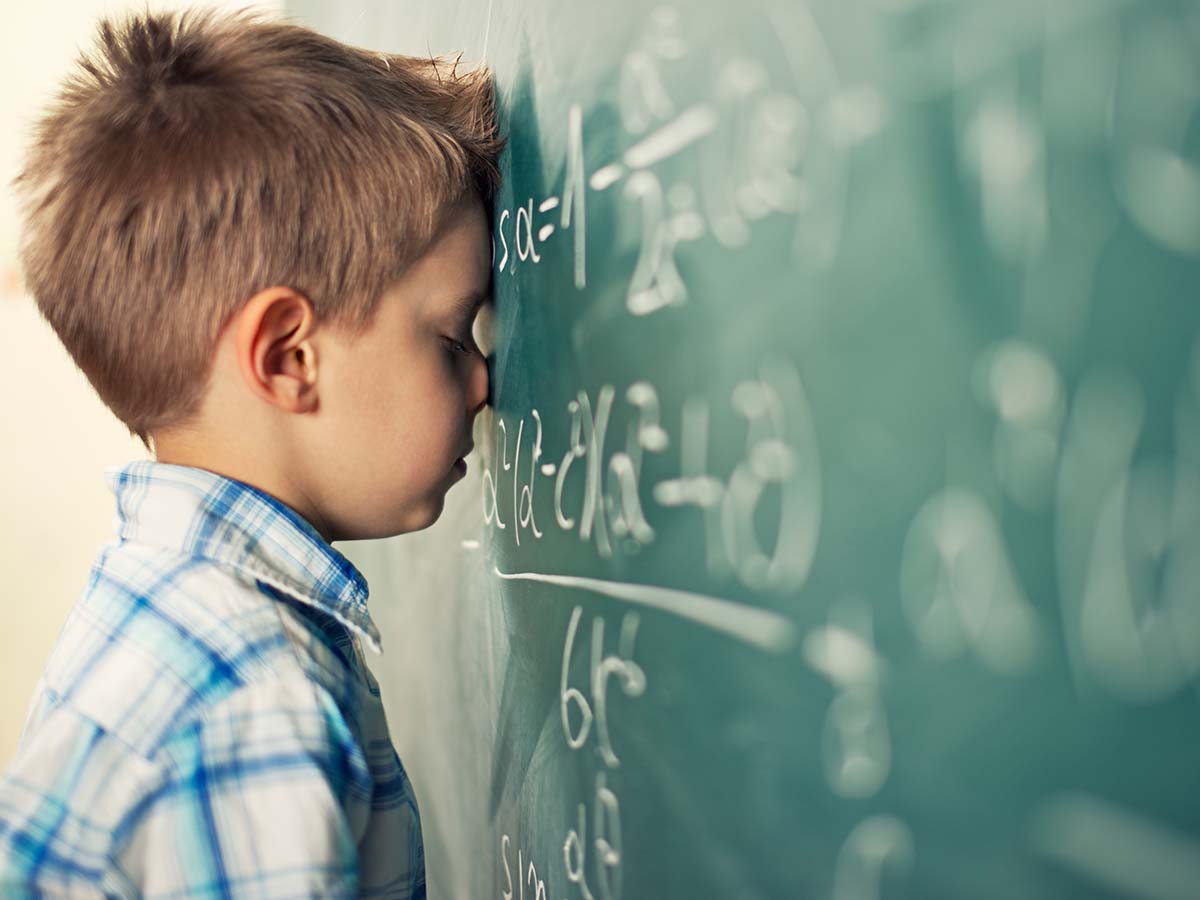Australia’s ‘cultural problem’ with maths blamed for poor international performance

Australian students are lagging behind their international counterparts in maths because too many kids start school without basic numeracy skills.
The 2019 Trends in International Mathematics and Science Study reveals Australian grade four students are trailing behind 22 other countries in maths.
The Australian Council for Educational Research says many children cannot recognise numbers higher than 10 or do simple addition and subtraction when they begin school, and that lack of basic skills is likely an important factor behind Australia’s poor maths performance.
Australian Council for Educational Research CEO, Dr Sue Thompson, says attitudes towards maths contribute to the problem.
“I think its culturally okay in Australia to say you’re no good at maths and you don’t like maths,” he told Ross and Russel.
“In other countries it’s not acceptable to say you don’t like maths. You’re encouraged to do it and you’re encouraged to persevere at it.”
Dr Thompson says better teachers in early years would help.
“We need better teachers and more teachers … in the early years of primary school to actually teach them that maths is a great subject.”
Press PLAY below to hear why Dr Thompson thinks Australian kids lag behind children in many other countries when it comes to maths















